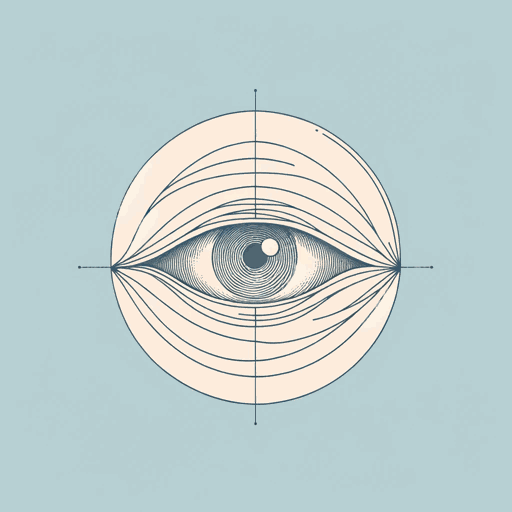37 pages • 1 hour read
George BerkeleyA Treatise Concerning the Principles of Human Knowledge
Nonfiction | Book | Adult | Published in 1710A modern alternative to SparkNotes and CliffsNotes, SuperSummary offers high-quality Study Guides with detailed chapter summaries and analysis of major themes, characters, and more.
Part 1, Sections 22-33Chapter Summaries & Analyses
Part 1, Sections 22-33 Summary and Analysis
Thoughts and ideas have no “power or agency” (35); as such, they cannot be the cause of anything. Only spirit, or intelligence, can be an active cause. The fact that ideas occur to us means that they have a cause. Thus, their cause must be spirit or intelligence—in other words, God.
It is God who “imprints” ideas on our senses. Berkeley draws a distinction between the ideas which God gives us and ideas “excited in the imagination” (38). The former are the real things in the world around us, and the latter are ideas or images, like copies or representations of the real things. Both are ideas, and as such they exist only in the mind; but whereas real things are “strong, orderly, and coherent,” images tend to be vague, “faint, weak, and unsteady” (39). This guarantees that the things we perceive in the world around us are real and can be distinguished from dreams, imaginings, or hallucinations. Indeed, the clarity and order of our sense perceptions testifies to the “wisdom and benevolence” (37) of God who implants them in us.
Related Titles
By George Berkeley


